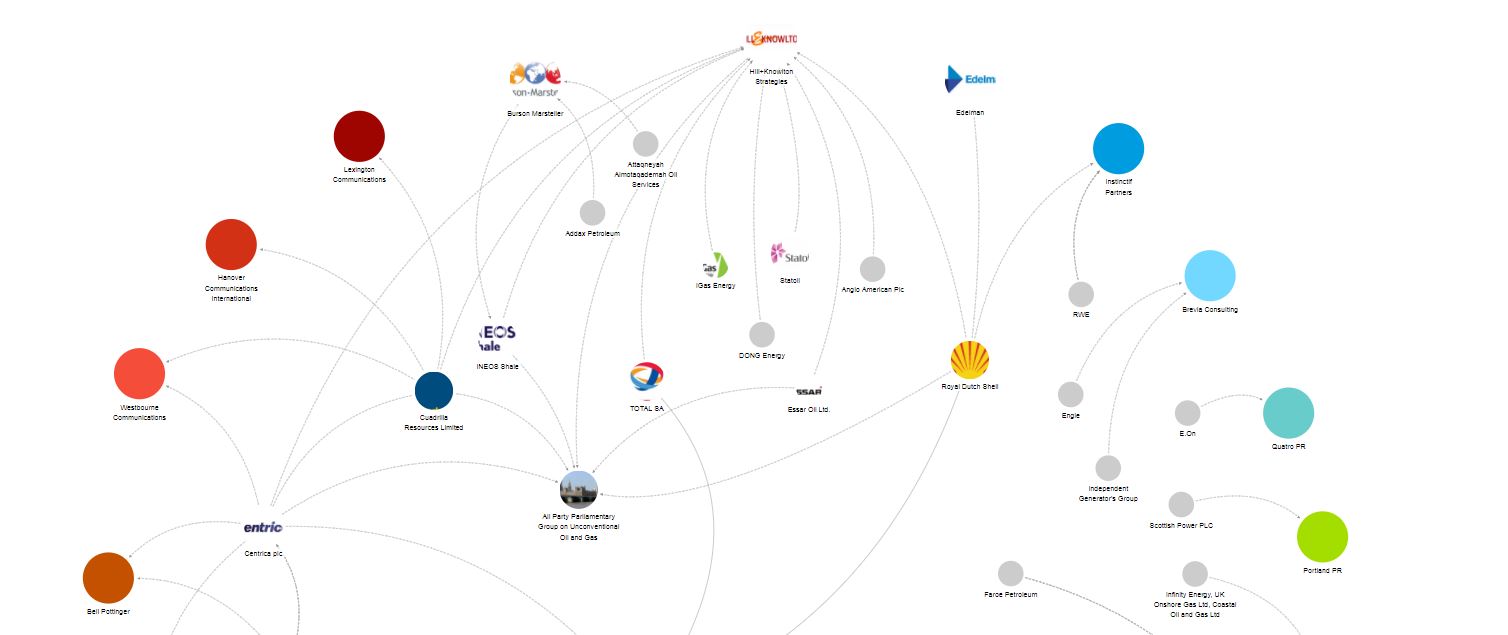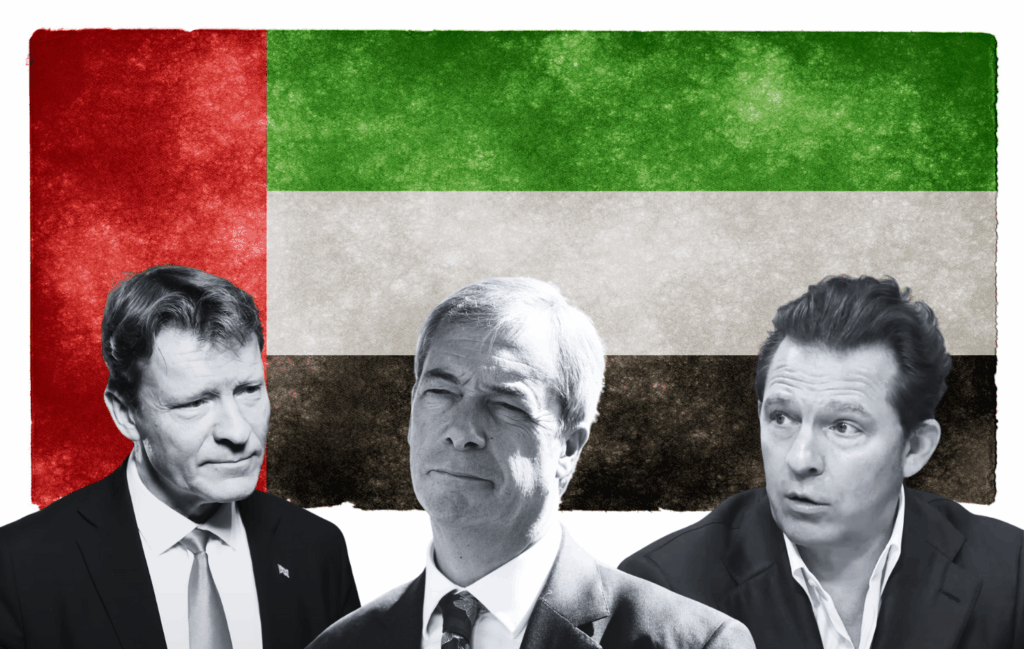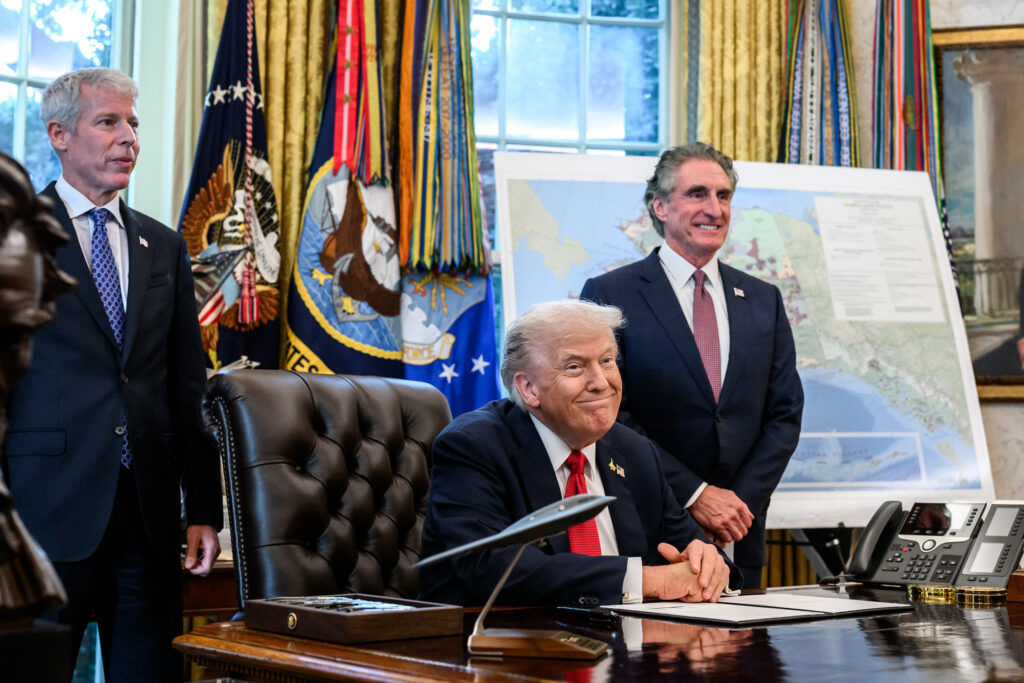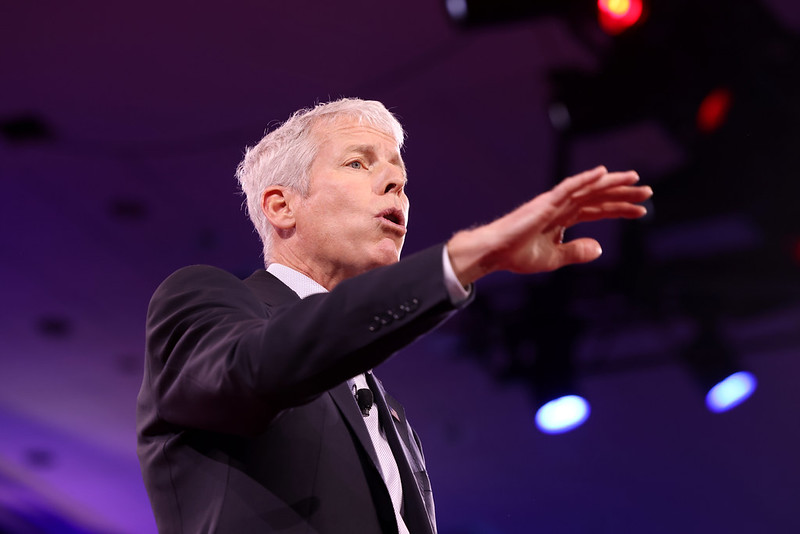There are nearly two dozen PR companies representing various fossil fuel and energy companies in Britain according to a new DeSmog UK analysis.
Examining the most recent PR and lobby registry files up to May 2017 shows the scale of the industry’s efforts to influence opinion and policy through the many companies hired to represent corporate interests to both the public and to government.
As DeSmog UK’s map of this network reveals, global public relations firm Hill + Knowlton Strategies is the largest fossil fuel representative, counting oil giants Shell, Total and Statoil as well as fracking companies Cuadrilla, Ineos and IGas among its clients.
Shale gas companies are also represented by an overwhelming number of different PR companies. For example, Cuadrilla, which is currently facing mounting protests for its plans to frack in Lancashire, had hired four different PR companies in the months leading up to May.
Centrica meanwhile, part owner of Cuadrilla, also had four different PR representatives. Two of these overlapped with Cuadrilla: Hill + Knowlton Strategies and Westbourne Communications.
You can explore the map put together by DeSmog UK below. It shows a variety of companies, from fracking giants to Northern Ireland oil and gas companies.
You can view this map on LittleSis here.
One noticeable absence from the list however is British oil major, BP. This doesn’t mean the company isn’t lobbying government or doesn’t have communication strategies. Instead, over the past few months it has met directly with government departments (something many companies, trade bodies and other organisations do frequently).
Some details about who has been meeting with government officials can be found via different departments’ transparency disclosures.
According to the most recent set published at the end of June, it shows PR company Weber Shandwick – which represents more than 70 clients from Northern Ireland oil and gas companies Tamboran Resources and Storm Energy to Mercedes Benz and Scottish Power Renewables – met with a Number 10 Special Advisor in March.
PR company Westbourne Communications – which represents more than 20 clients from Cuadrilla Bowland to LinkedIn – met with a different Special Advisor in February the disclosure logs show.
And in July, Hanover Communications – which represents more than 60 clients from Cuadrilla to Facebook – met with the Leader of the House of Commons, Rt Hon David Lidington.
However, what any of these meetings were specifically about or exactly who the companies were there to represent is not indicated.
Lobby Transparency
Lobby transparency is extremely opaque in the UK. In order to determine which PR companies are representing corporations DeSmog UK analysed the information disclosed on three different websites.
This includes the Association of Professional Political Consultants (APPC) and the Public Relations and Communications Association (PRCA). Companies sign up to these associations voluntarily and every quarter a list of those clients represented by the different PR companies is released.
As part of this, PR companies also list those employees that were involved in public affairs or lobbying. Sometimes, depending on the register, it is also indicated whether any of their team have parliamentary passes – these allow them to come and go inside the Houses of Parliament for meetings with government representatives.
DeSmog UK also analysed the information published by the UK’s official lobby register, the Register of Consultant Lobbyists. But unlike in the US, Canada and the European Union, this lobby register is devoid of much detail including the amount spent by companies to lobby government or specific details about their lobby efforts.
“The existing statutory lobbying register is woefully inadequate, capturing only a tiny fraction of lobbying activity in the UK,” said Alexandra Runswick, Director of campaign group Unlock Democracy.
“The public deserves to know who is lobbying their government, what issues they are lobbying on, and how much they are spending to influence policy. Otherwise we risk decision making taking place behind closed doors, with those seeking to exert undue influence over policy making ducking accountability.”
Runswick continued: “The perception that politicians listen to lobbyists more than to voters corrodes public trust in politics, and gives rise to the impression that secret deals are being done behind closed doors, away from scrutiny.”
The Register was launched in 2015 and since then it has received much criticism about its failure to capture the full scale of lobbying in the UK.
It’s estimated that more than 4,000 people are working as professional lobbyists in Britain, and that about £2bn a year is spent on lobbying. Most of this is spent by big business, from big oil to tech giants. But 18 months after the register launched just 136 firms signed up to it. Originally, the government anticipated more than 700 would register.
In principle, there’s nothing wrong with lobbying so long as it can be properly scrutinised, Transparency International UK’s Steve Goodrich previously told DeSmog UK: “Lobbying in and of itself isn’t a bad thing. It’s good that people put forward their points of view, but it needs to be done in a way that’s transparent, it needs to be done in a way that provides equal access and opportunity for everyone to make their voices heard.
“And, it needs to be done in a way that doesn’t induce public officials to act corruptly, whether it be in return for immediate or prospective awards, or in the interest of private interests over the public.”
Photo: Pixabay | CC0 Public Domain
Subscribe to our newsletter
Stay up to date with DeSmog news and alerts






